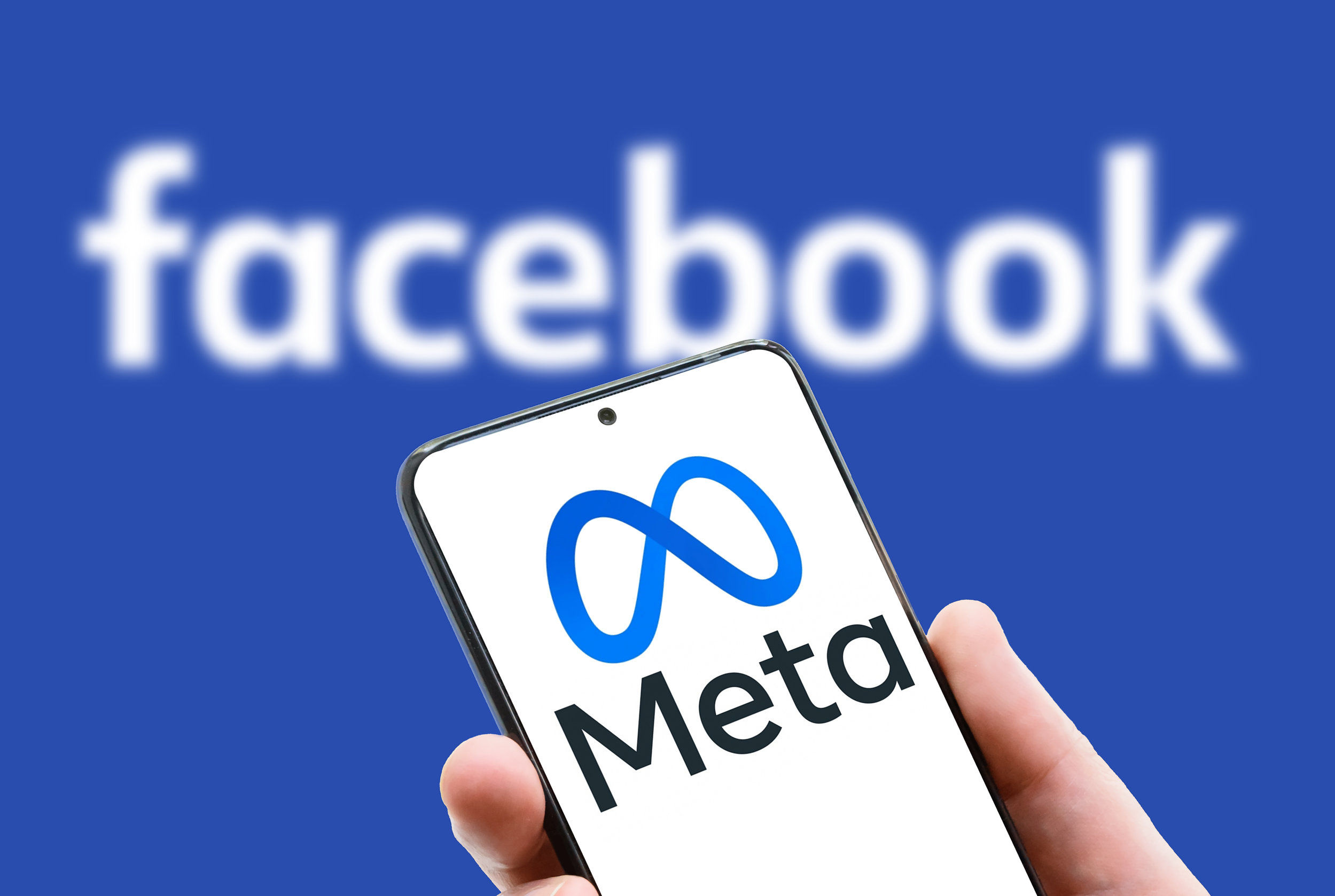Despite all the technological advances and the many ways it has improved our lives, technology is far from perfect. Tech fails every day, and recently there have been some notable failures.
Meta, the parent company of Facebook and Instagram, has seen its stocks take a nosedive this week. In the wake of Meta’s plummeting shares, we have compiled a list of five tech unicorns that did not pan out and cost investors billions of dollars.
Plummeting Meta Shares
Following Meta’s performance reports, shares in the company recently fell by more than 20%. The internet giant’s sales and profitability are also down. Investor confidence in CEO Mark Zuckerberg’s plans for the future is fading.
In the three months ending in September, Meta’s revenue fell 4% to $27.7 billion (£24 billion), while profit fell by half. Due to yesterday’s losses, the company’s market value is expected to fall by $78 billion because of the stock decline.
In funding its virtual reality platform, the social media site has struggled with rising costs. As a result, meta’s shares started 25% lower than their peak price of $382 and hit their lowest level since 2016, trading at around $100.
Jayson Andrews, CEO of BanklessTimes.com stated,
Jayson Andrews, CEO of BanklessTimes.comThe metaverse is expected to reshape the way we interact online by providing access to a virtual world where users can collaborate, socialize, earn money, learn, and more. Whether Facebook’s meta and all the negative history that comes with them, can play a major part in that looks doubtful, but we shall see.
Nevertheless, Mark Zuckerberg maintains his support for the pivot, saying it is “fundamentally important for the future.”
According to Meta’s most recent proxy statement, Zuckerberg owns more than 350 million shares. He used to rank third on the Bloomberg wealth index, behind only Bill Gates and Jeff Bezos. As of Wednesday evening, he ranked 23rd.
Top 5 Tech Unicorns that Failed
Google Glass
Google Glass was a wearable computer with an optical head-mounted display developed by Google in 2013. The device allowed users to take photos and videos and access various apps and services. However, the device failed to catch on due to privacy concerns and a high price and was discontinued in 2015.
Segway
The Segway is a two-wheeled, self-balancing personal transportation device invented in 2001. Although the Segway was designed to be a more efficient way to travel, it failed to catch on with the general public and is now mostly used by law enforcement and tour groups.
Microsoft Zune
The Zune was a digital media player that Microsoft developed in 2006 as a competitor to the iPod. The Zune had several features that set it apart from the iPod, such as a larger screen and the ability to share music wirelessly between devices. However, Zune failed to gain any significant market share and was discontinued in 2011.
3D Television
3D television is a type of television that uses stereoscopic technology to create the illusion of three-dimensional depth. 3D TVs were first introduced in 2010 but failed to gain traction due to high prices and the need for special glasses to view content. As a result, most manufacturers have stopped producing 3D TVs.
Laserdisc
The laserdisc was an optical disc format introduced in 1978 as a competitor to vinyl records and cassette tapes. Laserdiscs were larger than CDs and could store up to 60 minutes of video or audio content. However, the format was quickly overshadowed by DVDs and Blu-ray discs, and it was discontinued in 2009.
Is Failure Always Bad?
In Silicon Valley, however, “fast failure” is applauded, and occasionally slow failure can have unexpected benefits. As a result, many innovative technologies suffer a painful end, but they also often lay the groundwork for a later, better product.
Only time will tell if Meta can bounce back from this recent blow or join the list of failed tech.













